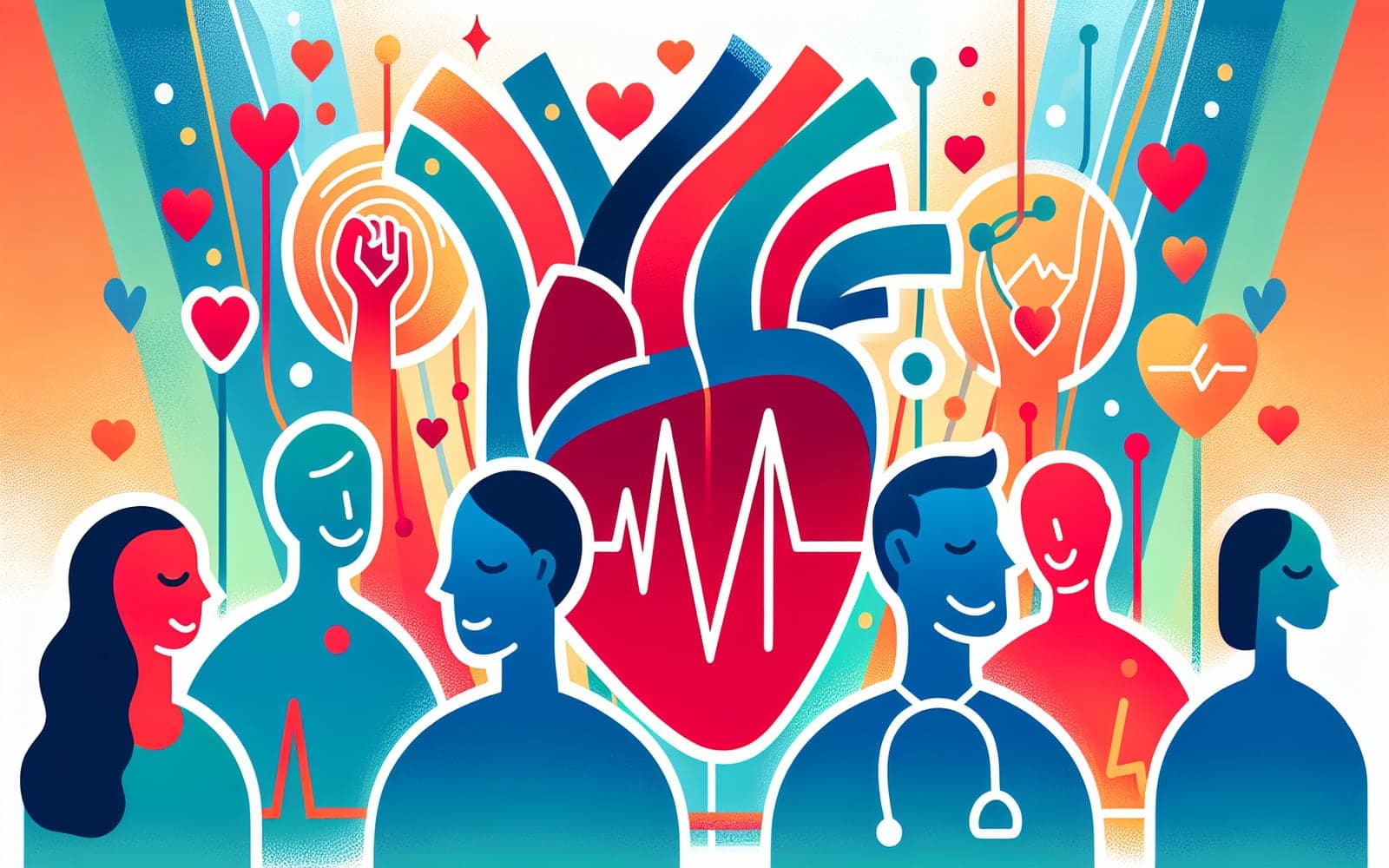Are You at Risk for Heart Arrhythmias?
Published: Jul 01, 2024
Arrhythmias can strike anyone, but certain factors might increase your risk. Knowing these can help you stay one step ahead.
Contents
Underlying Heart Conditions
Heart arrhythmias are often linked to existing heart conditions like coronary artery disease or heart failure. These conditions can alter the heart's structure or function, making arrhythmias more likely. Regular check-ups with a healthcare provider can help manage these risks.
Family History and Genetics
Genetics play a crucial role in your risk for arrhythmias. Conditions like long QT syndrome or Brugada syndrome can be inherited and increase the likelihood of rhythm disturbances. If you have a family history of heart issues, discussing this with your doctor is advisable.

Lifestyle and Environmental Factors
Lifestyle choices, including diet, exercise, and stress levels, can impact your risk of developing arrhythmias. High caffeine intake, smoking, and excessive alcohol consumption can all contribute. Adopting healthier habits can significantly reduce this risk.
Frequently Asked Questions
Yes, heart conditions like coronary artery disease can elevate arrhythmia risk.
Family history and genetics can increase the risk of arrhythmias.
Yes, healthier lifestyle choices can help lower the risk of arrhythmias.
Key Takeaways
Understanding your risk factors for arrhythmias can empower you to make proactive health choices.
Next steps: Discuss your risk factors with Doctronic to take control of your heart health.Related Articles
References
Shen WK, Sheldon RS, Benditt DG, et al. 2017 ACC/AHA/HRS Guideline for the Evaluation and Management of Patients With Syncope.
Zimetbaum PJ, Josephson ME. The evolving role of ambulatory arrhythmia monitoring in general clinical practice.
Always discuss health information with your healthcare provider.

